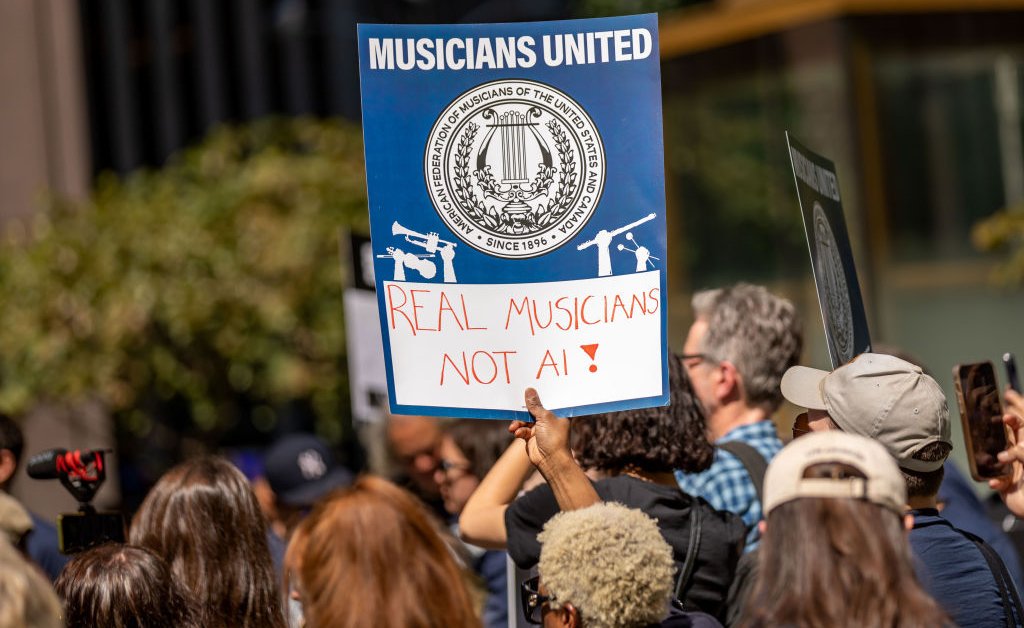During this election cycle, both presidential candidates, Kamala Harris and Donald Trump, have focused on addressing the struggles of America’s workers and their families. Union leaders have been prominently featured at both the Democratic and Republican National Conventions, highlighting the importance of worker issues in this election. However, one significant economic issue that the candidates have yet to address is the impact of new generative artificial intelligence (GenAI) technologies on work and livelihoods. This silence is concerning, as the next president will take office in a world already transformed by GenAI and facing even greater disruption.
Research conducted by Brookings using data from OpenAI has shown that approximately 30% of the workforce could see at least half of their work tasks impacted by current GenAI technologies, with over 85% of all workers experiencing at least a 10% impact on their tasks. With even more powerful GenAI models on the horizon, the potential for automation and disruption in the workforce is significant. Despite this looming threat, the candidates have not addressed this issue, leaving millions of voters with a stake in the outcome of how GenAI will shape the future of work.
A 2023 Pew Center survey found that nearly two-thirds of adults believe that GenAI will have a major impact on jobs and jobholders in the next two decades, with most expecting these impacts to be negative. This widespread concern among American workers demonstrates the need for urgent attention to this issue from political leaders. While AI capabilities will play a significant role in shaping the future of work, it is important to recognize that technology is not destiny. Workers have the ability to influence how GenAI is integrated into the workforce and can play a role in shaping policies that protect their interests.
As the candidates continue to campaign and debate on a range of issues, it is crucial that they address the impact of GenAI on the workforce and outline their plans for supporting workers in the face of automation and disruption. With millions of jobs at risk of being impacted by GenAI technologies, voters are looking for leadership that will prioritize the needs of workers and ensure that they are not left behind in the changing economy. By addressing this issue, candidates can demonstrate their commitment to supporting American workers and ensuring that they have the necessary protections and resources to navigate the challenges posed by new technologies.









